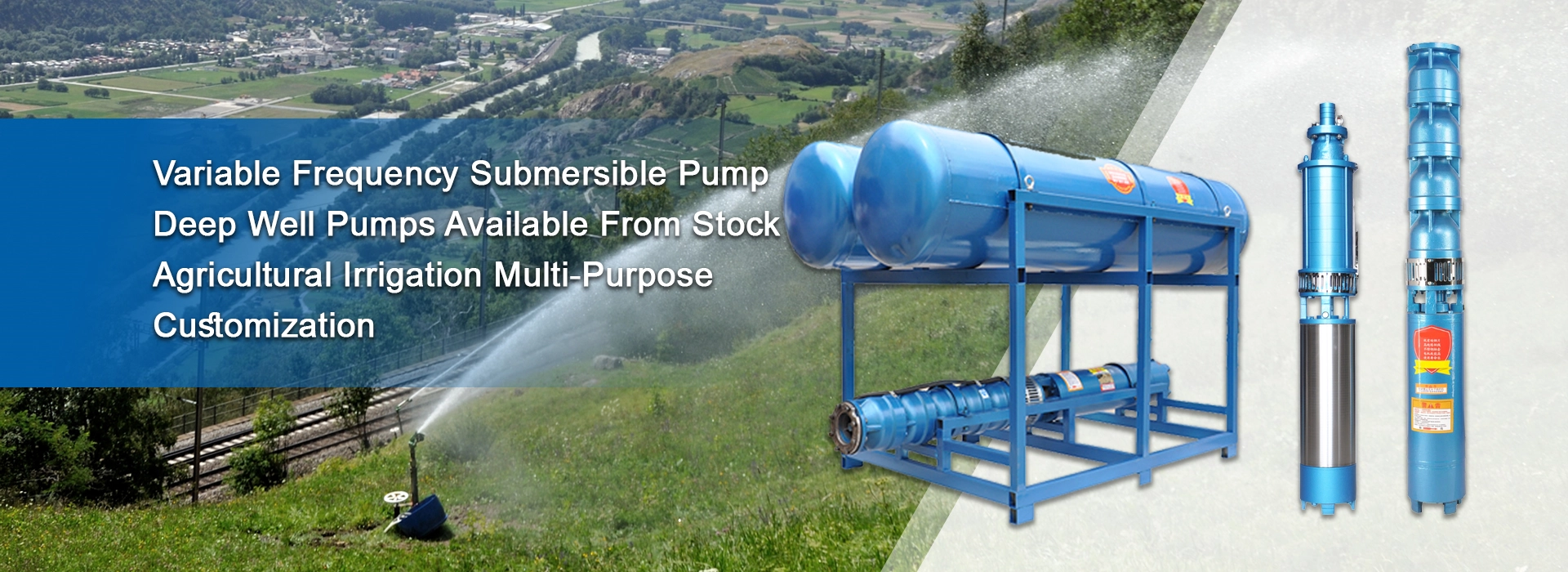Oct . 16, 2024 23:20 Back to list
deep well submersible pump
Deep Well Submersible Pumps An Essential Solution for Water Extraction
Deep well submersible pumps are vital components in various applications, primarily utilized for extracting groundwater from deep wells. These pumps are designed to function underwater, making them particularly effective for accessing deep aquifers that are otherwise unreachable with traditional pumps. This article explores the importance, working mechanism, advantages, and applications of deep well submersible pumps.
Working Mechanism
A deep well submersible pump consists of several key components, including a motor, pump shaft, impellers, and a discharge head. The motor, located at the bottom of the well, is sealed within a protective casing to prevent water ingress. When the motor operates, it drives the impellers, which generate centrifugal force to push the water upwards through the pump shaft and into the discharge head. The design allows for continuous operation, as the pump remains submerged in the well, cool and efficiently moving water to the surface.
Advantages
1. Efficiency Deep well submersible pumps are known for their high efficiency. With the ability to lift water from significant depths, these pumps can deliver a substantial flow rate while consuming less energy compared to other types of pumps. This efficiency is particularly beneficial in remote areas where electricity costs can be high.
2. Durability Constructed from corrosion-resistant materials, submersible pumps are designed to withstand harsh conditions. Their enclosed design helps protect the components from debris and environmental factors, ensuring a longer lifespan and reduced maintenance costs.
3. Space-Saving Design Unlike surface pumps that require extensive piping and infrastructure, deep well submersible pumps are compact and can be installed directly within the well. This space-saving benefit is especially useful in areas with limited real estate or where aesthetic considerations are paramount.
4. Versatility These pumps are versatile and can be used in a wide range of applications, from agricultural irrigation to municipal water supply systems. They can also handle different types of fluids, including clean water, seawater, and sewage, making them suitable for industrial applications.
deep well submersible pump

Applications
Deep well submersible pumps find applications across various sectors
- Agriculture Farmers use these pumps to irrigate crops, ensuring optimal water supply during dry seasons. The pumps facilitate efficient water use, which is crucial for sustainable farming practices.
- Municipal Water Supply Many cities rely on deep well submersible pumps to provide residents with reliable drinking water. The ability to extract water from deep aquifers ensures a consistent supply, which is essential for urban growth.
- Industrial Use Industries utilize submersible pumps for processes that require substantial water usage, such as cooling systems, boiler feeding, and even in mining operations to remove excess water.
- Groundwater Management These pumps play a critical role in managing groundwater resources, helping to control water levels and mitigate flooding in low-lying areas.
Conclusion
In summary, deep well submersible pumps are a crucial technology for effective water extraction in various sectors, thanks to their efficiency, durability, and versatility. As the demand for sustainable water management solutions continues to grow, the importance of innovations in pump technology, including submersible designs, will only increase. Whether for agricultural, municipal, or industrial purposes, deep well submersible pumps are essential for accessing and utilizing groundwater resources, making them indispensable in our quest for sustainable water access. Their ability to operate efficiently even in challenging conditions underscores their role as a foundational element in modern water management strategies.
-
Submersible Water Pump: The Efficient 'Power Pioneer' of the Underwater World
NewsJul.01,2025
-
Submersible Pond Pump: The Hidden Guardian of Water Landscape Ecology
NewsJul.01,2025
-
Stainless Well Pump: A Reliable and Durable Pumping Main Force
NewsJul.01,2025
-
Stainless Steel Submersible Pump: An Efficient and Versatile Tool for Underwater Operations
NewsJul.01,2025
-
Deep Well Submersible Pump: An Efficient 'Sucker' of Groundwater Sources
NewsJul.01,2025
-
Deep Water Well Pump: An Efficient 'Sucker' of Groundwater Sources
NewsJul.01,2025
-
 Submersible Water Pump: The Efficient 'Power Pioneer' of the Underwater WorldIn the field of hydraulic equipment, the Submersible Water Pump has become the core equipment for underwater operations and water resource transportation due to its unique design and excellent performance.Detail
Submersible Water Pump: The Efficient 'Power Pioneer' of the Underwater WorldIn the field of hydraulic equipment, the Submersible Water Pump has become the core equipment for underwater operations and water resource transportation due to its unique design and excellent performance.Detail -
 Submersible Pond Pump: The Hidden Guardian of Water Landscape EcologyIn courtyard landscapes, ecological ponds, and even small-scale water conservancy projects, there is a silent yet indispensable equipment - the Submersible Pond Pump.Detail
Submersible Pond Pump: The Hidden Guardian of Water Landscape EcologyIn courtyard landscapes, ecological ponds, and even small-scale water conservancy projects, there is a silent yet indispensable equipment - the Submersible Pond Pump.Detail -
 Stainless Well Pump: A Reliable and Durable Pumping Main ForceIn the field of water resource transportation, Stainless Well Pump has become the core equipment for various pumping scenarios with its excellent performance and reliable quality.Detail
Stainless Well Pump: A Reliable and Durable Pumping Main ForceIn the field of water resource transportation, Stainless Well Pump has become the core equipment for various pumping scenarios with its excellent performance and reliable quality.Detail
